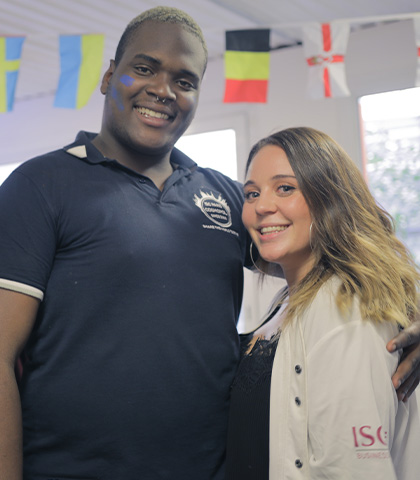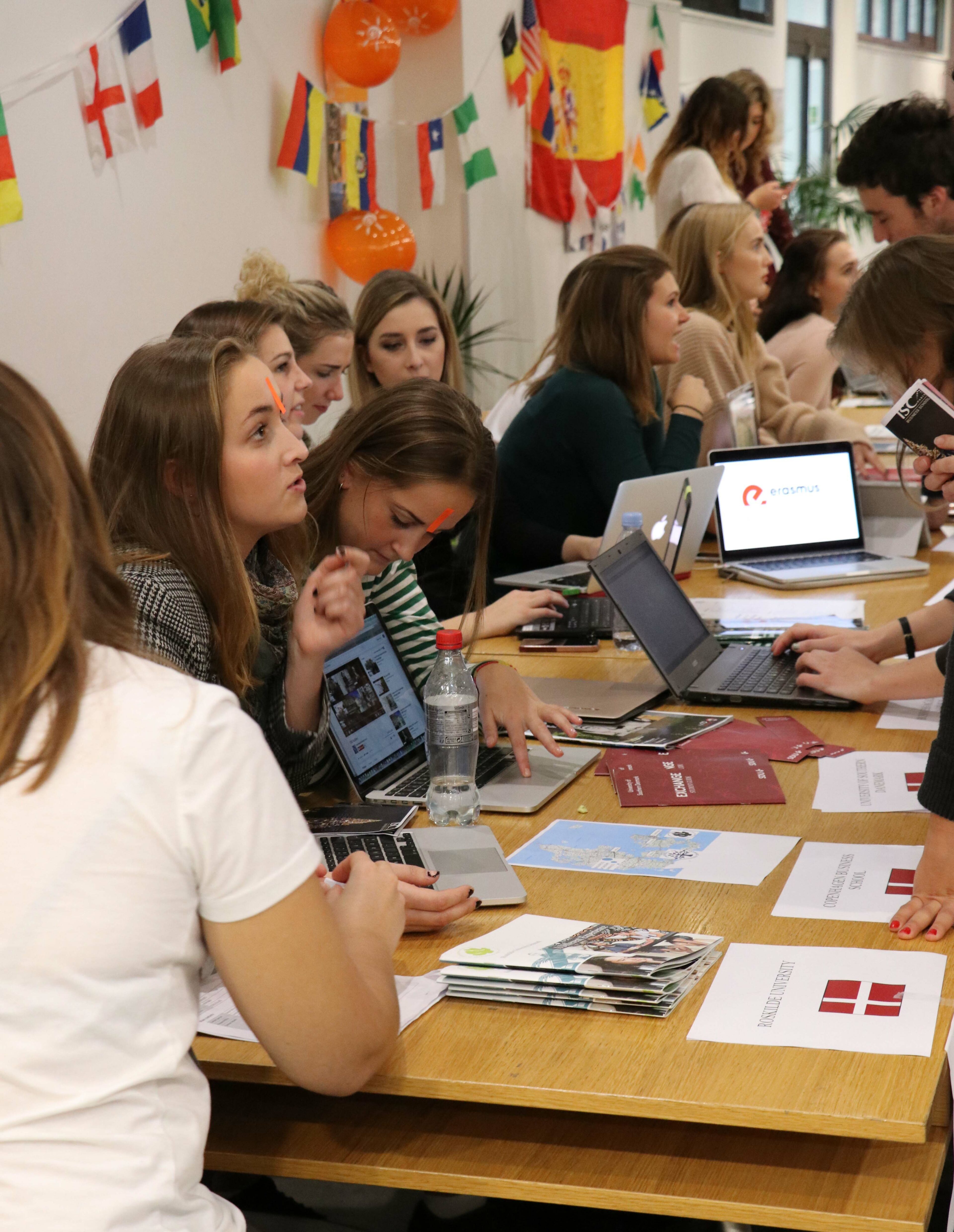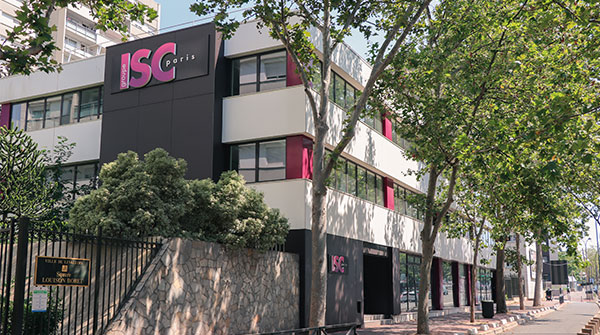All ISC Paris students are required to complete some type of international experience; these opportunities foster learning, human connections, and self-reliance. Our curriculum emphasizes these international experiences. We rely on our solid network of international partner universities, our Erasmus+ charter, and on practical and financial solutions.



To ensure that our students’ international experiences are positive ones, we use three main criteria to select our partners: academic quality, professional opportunities (ability to create a network and achieve one’s career plans), and the school climate where our students are hosted.
To meet our students’ needs and expectations, we are committed to offering a wide range of destinations for our European and international partnerships. ISC Paris has partnerships in every corner of the world, with long-term and favored partnerships in specific locations.
With the goal of giving our entire school community an international focus, ISC Paris has created policies based on three priorities:
Erasmus+ is a student exchange program that provides financial assistance to its participants. Founded in 1987 by the European Commission, the Erasmus+ program aims to encourage international experiences within Europe and beyond, for university students (study abroad and internships), professors and staff.
The program encourages students to participate by awarding scholarships for these programs.
The Erasmus charter
Erasmus policy


To be eligible, students must fulfill one of the following requirements:
ISC Paris has been awarded the Erasmus+ charter, and receives financial support for these international programs. This scholarship helps to defray students’ travel and accommodation expenses. ISC Paris uses the “first come, first served” rule. Scholarships will be granted depending on the country and type of program:
The Erasmus+ Programme aims at promoting equity and inclusion by facilitating the access to participants with disadvantaged backgrounds and fewer opportunities compared to their peers whenever disadvantage limits or prevents participation in transnational activities.
Thus, Erasmus+ supports people facing challenges, whether they suffer some kind of disability, they come from a socio-economically disadvantaged environment or they suffer from health issues.


The Erasmus+ program provides special funding for additional expenses incurred by disabled persons and their caregivers. The program also provides additional funding to provide access to adaptive technology and instructional support to disabled participants. All costs that are directly related to the participant’s handicap–and if applicable, for that person’s caregiver–are paid by the program, including the caregiver’s travel and lodging costs.
As a member of the European Union, ISC Paris has adopted the ECTS credit transfer system. One semester is worth 30 ECTS credits (60 credits per academic year), and all students must take a minimum of 15 ECTS credits during their time at ISC Paris.
The French grading system is based on a scale of 0 to 20, with 20 being the highest grade. The minimum passing grade is 10.
The list below shows the equivalents between the European and French systems:

